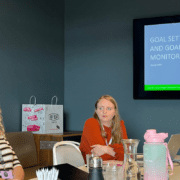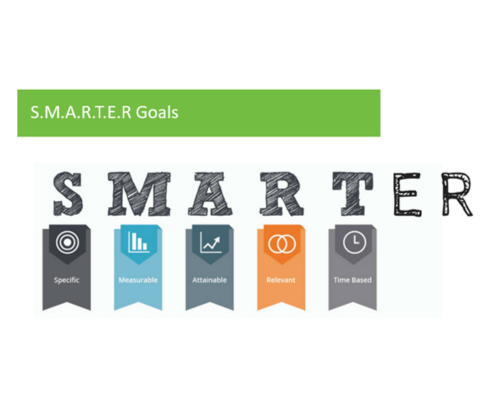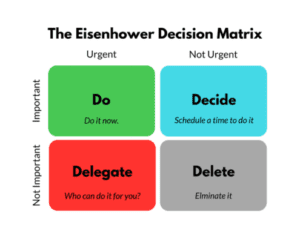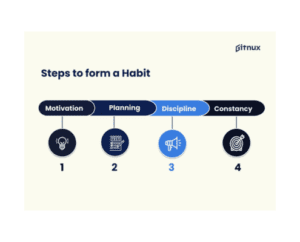Benefits of Mentoring Graduates for Nonprofit Leaders
Mentoring is the act of sharing knowledge, skills, and experience with another person to help them to progress in their career. Mentoring is often viewed as one-way street, where the mentor has little to gain other than ‘giving back’. However, this is not the case – here are some benefits of mentoring graduates for nonprofit leaders.
Fresh Perspectives
One of the most significant benefits of mentoring graduates is the opportunity to gain fresh perspectives. Young professionals often bring a unique energy and innovative ideas to the table as they are less constrained by traditional thinking and more open to exploring new approaches to challenges. By interacting with mentees, industry leaders can consider new ways to approach problems and apply new perspectives within their own organisation.
Sharpening Leadership Skills
Mentorship provides a platform for nonprofit professionals to refine their leadership skills. As mentors, they can fine-tune their skills to coach, guide, and inspire their mentees, developing their ability to communicate effectively, build relationships, and delegate tasks. Furthermore, most mentoring sessions provide an opportunity for open, honest communication. Therefore, industry leaders can use this as an opportunity for mentee feedback on their own leadership skills and to identify where they can develop further.
Building a Strong Network
By connecting with emerging talent, industry leaders can expand their influence and create opportunities for future collaboration. These connections can be instrumental in shaping the future of the nonprofit sector.
In 2023, 65% of our graduates remained within their organisation upon the completion of our graduate programme. Moreover, many of our preceding graduates are now in senior positions within the nonprofit sector. Therefore, mentoring can lead to the creation of a strong and diverse professional network as emerging talent develop within the sector, which could lead to many future opportunities.
Learn more about our mentors experience below.
Get in Touch
Mentoring graduates offers numerous professional benefits for industry leaders in the nonprofit sector. By embracing the opportunity to share their expertise and connect with young professionals, leaders can gain fresh perspectives, enhance their leadership skills, expand their networks.
If you’re interested in becoming a mentor, visit our webpage for more information here or contact Aoife Duff at aoife.duff@forpurpose.ie for more information.

















